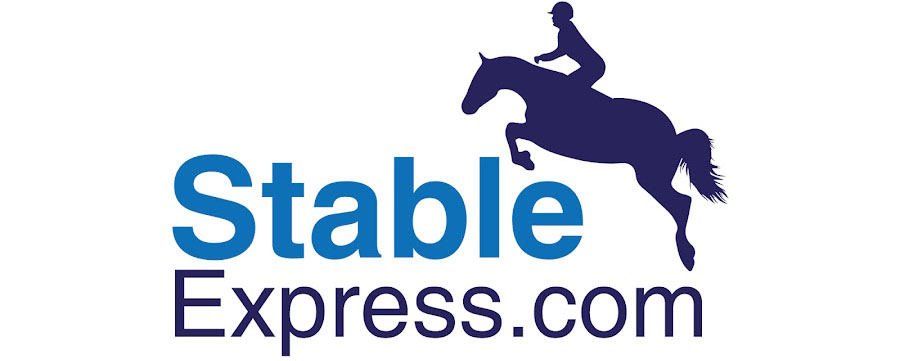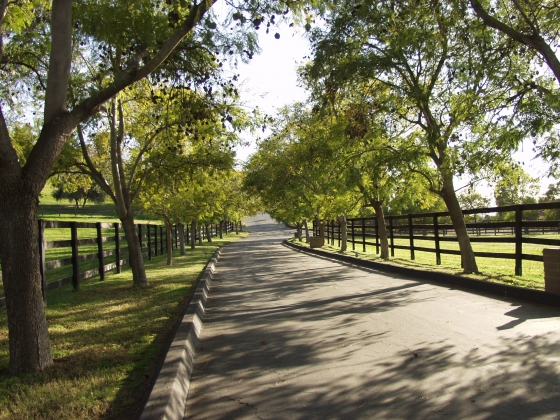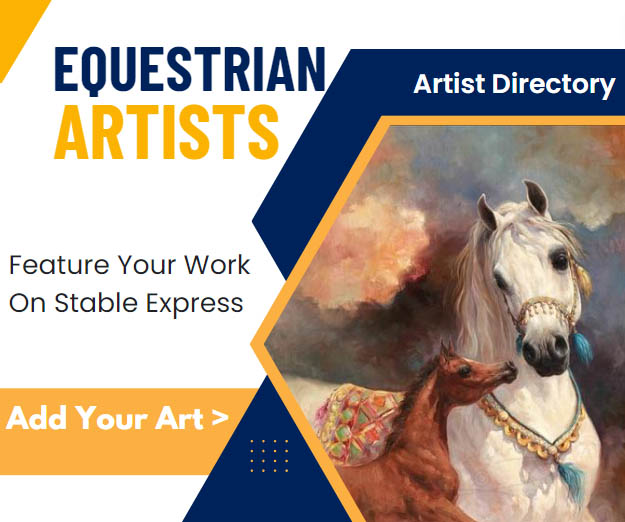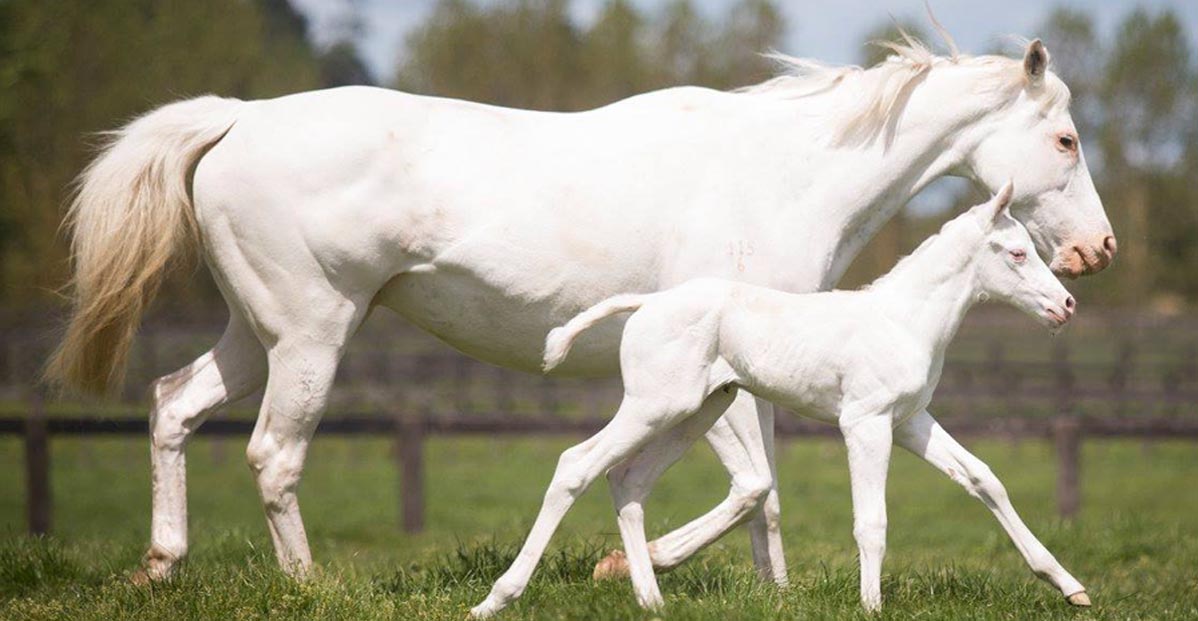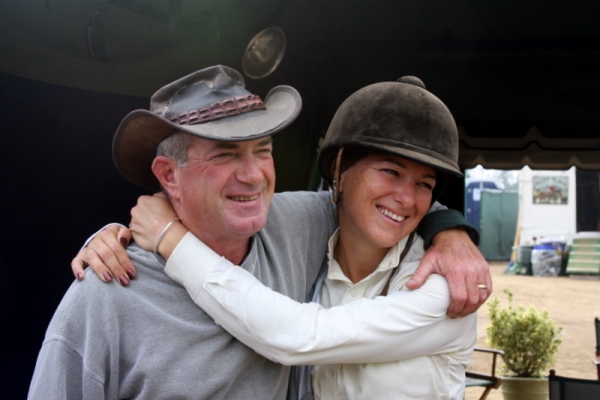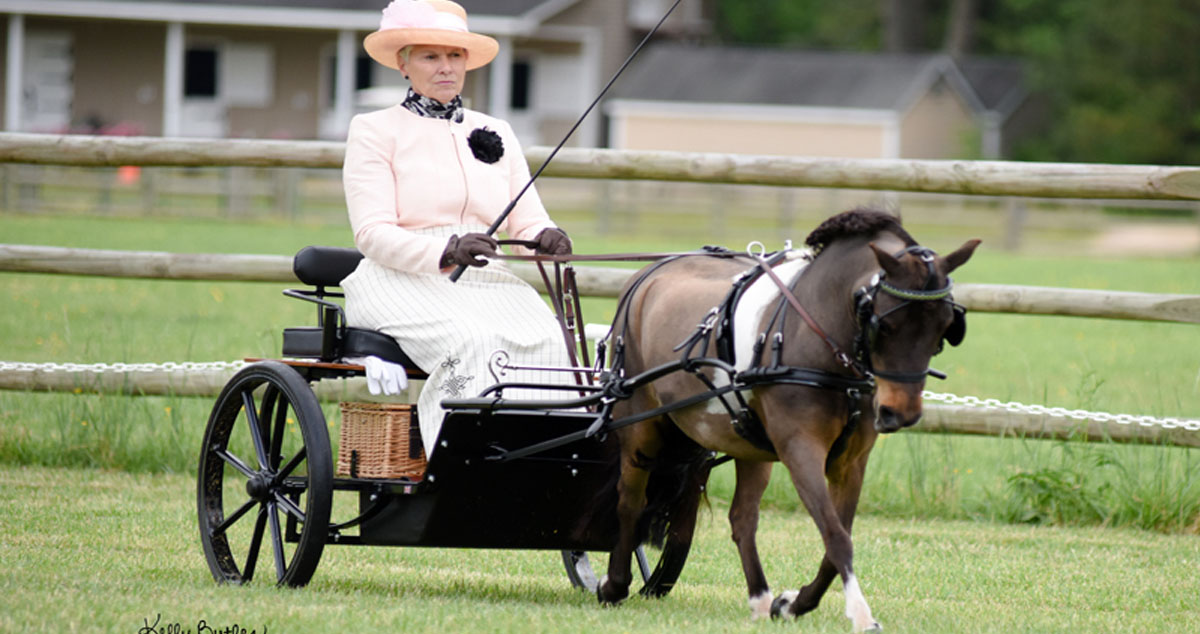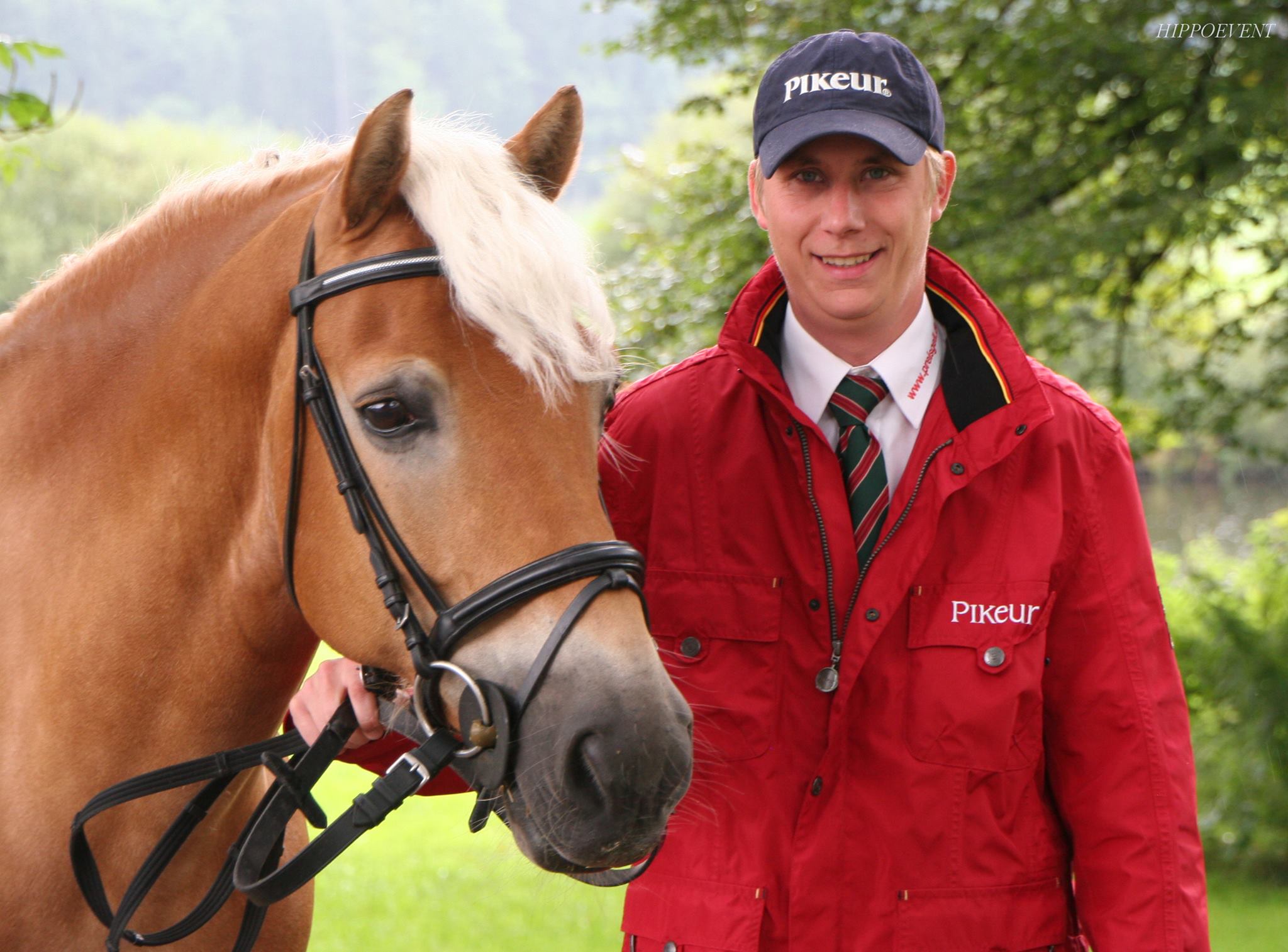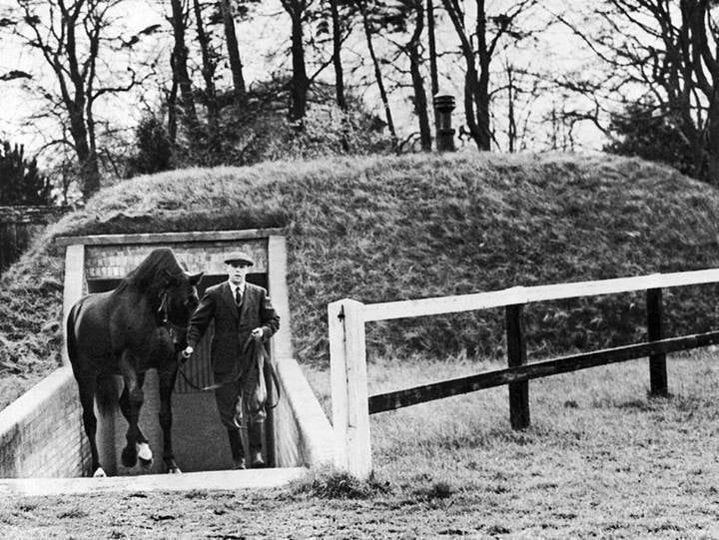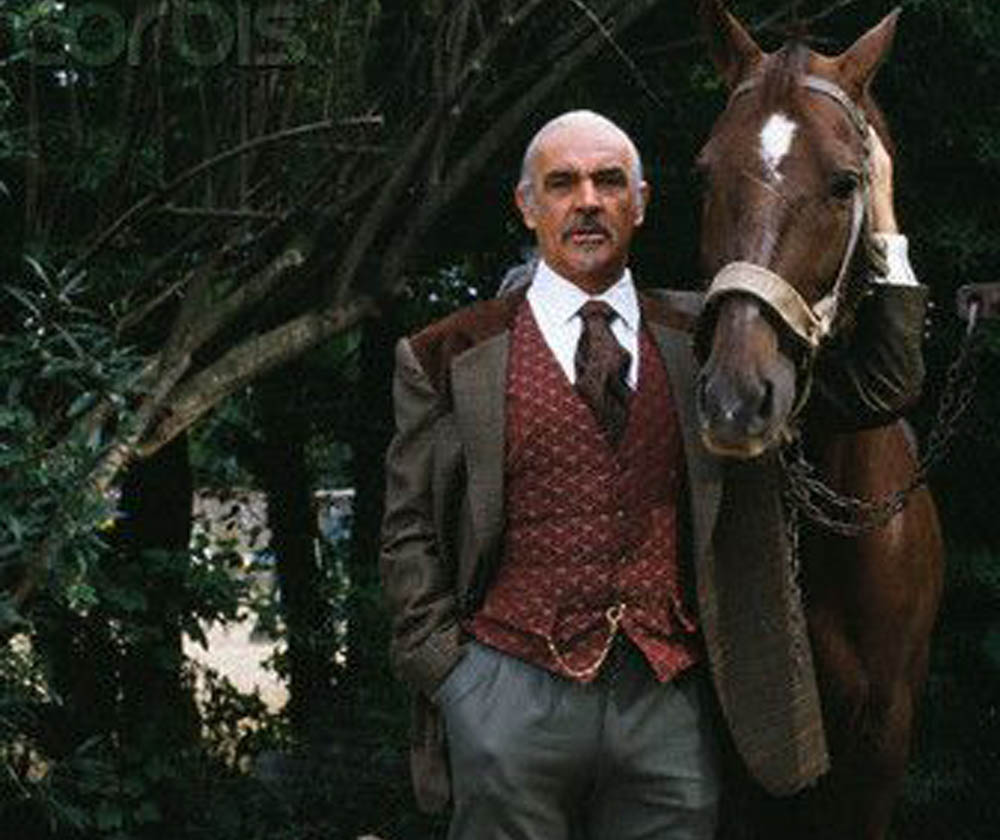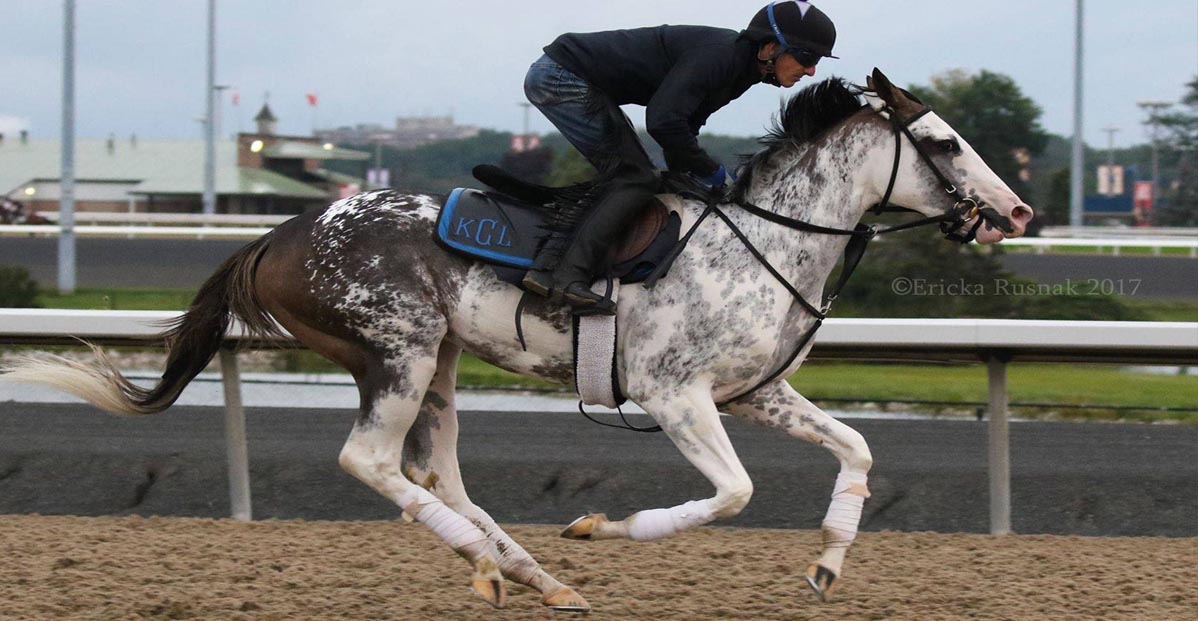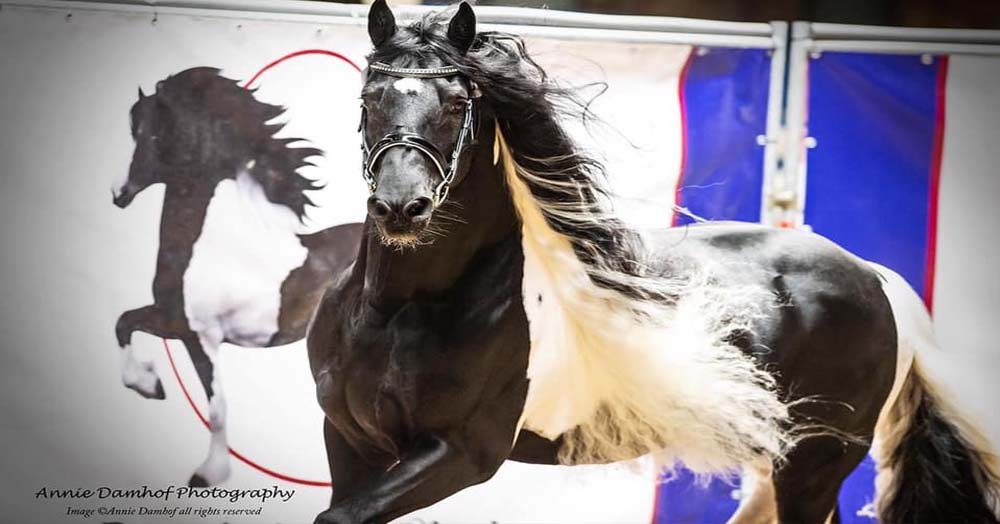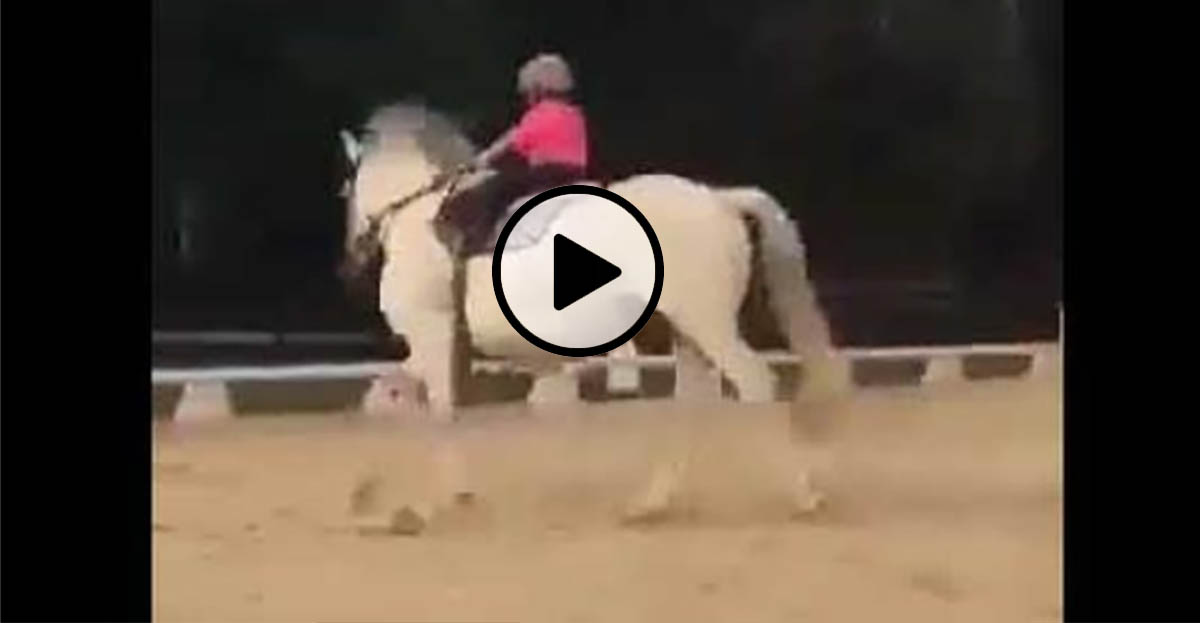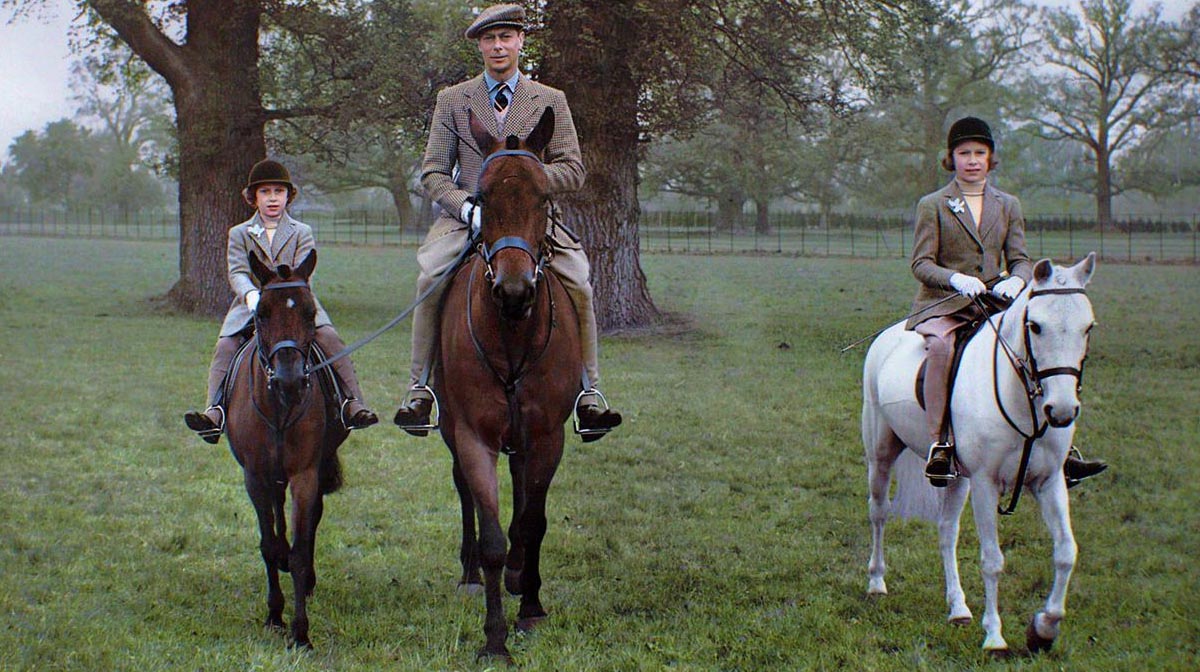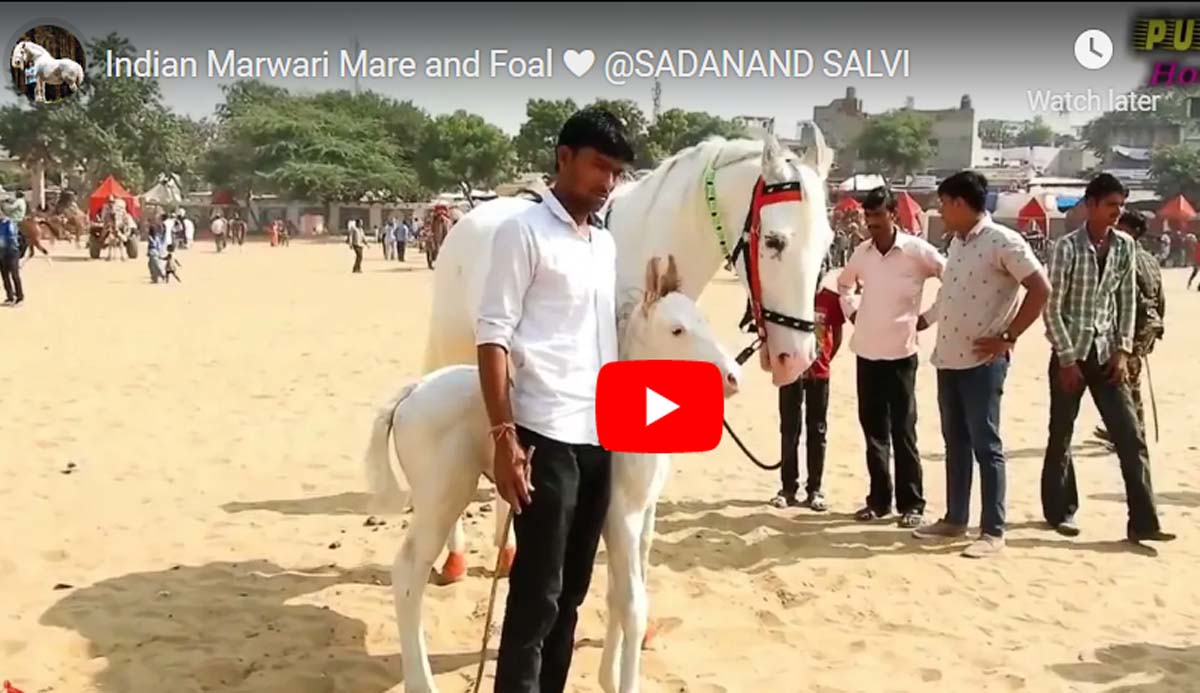Keeping Your Horse At Home
Keeping horses at home has advantages and disadvantages. I have kept my horses in boarding stables and at home and can speak from both sides. When you interact with your horse every day, when you`re the one who brings the food, when you can watch your horse just being a horse, you share a deeper understanding. At the stable, you only see your horse for a couple of hours a day and in a very structured environment. I find my approach to my horse is more businesslike at a stable because we`re there to ride and train. At home, everything is more relaxed. Sometimes so relaxed I never get around to riding!
For me, the best of both worlds is to keep my horse at home during the summer and boarded at a stable with an indoor arena for the winter. If you are thinking of doing that, now is the time to check out stables and book a stall. If you wait until January, you may be out of luck.
When you`re looking after your own horse, you can`t, on a whim, decide to stay downtown after work and go to a movie. If your horse is unwell, you are the one who has to recognize that something is wrong. You have to decide when to call the veterinarian. You have to be there for the farrier. In other words, the full weight of responsibility of looking after a delicate life is on your shoulders.
Some people are very blasť about the whole thing. They`ve been very lucky and never had to deal with a horse emergency. Perhaps they don`t know enough about horses to realize what could happen or don`t care anyway. But most of us are very aware of the responsibility, especially if we`ve dealt with a colicking horse at 11 o`clock at night. I always advise new horse owners to start by boarding their horse at a good stable where they`ll have support.
Veterinarians and farriers are vital allies in looking after our horses and it`s important to build an ongoing relationship. A late night emergency call should not be the first contact with a veterinarian. While it might seem cheaper at the time to do innoculations ourselves, booking an annual veterinary visit has long term benefits. Horses` hooves need trimming and shoes reset if the horse is shod, every six to eight weeks. Rather than waiting until the hooves look long, or crack, or a shoe falls off, isn`t it better to set up a regular schedule with a farrier and stick to it?
Typically in a boarding stable, routine veterinary and farrier care is provided for many horses at once. For example, a farrier might spend a whole morning at one barn, basically setting up his portable blacksmith`s shop and attending to the hooves of one horse after another. Contrast that with going to an acreage for a single horse. (Keeping horses alone is another issue.) Hopefully the owner has the horse waiting in a barn or corral. Sometimes, an inconsiderate owner waits until the farrier arrives before going out into the pasture to catch the horse, who is perhaps standing knee deep in a slough. In the worst case scenario, the owner has forgotten about the appointment and the farrier has made the trip for nothing.
If you keep your horse in an acreage subdivision as many of us do, why not coordinate routine veterinary and farrier visits with neighbouring horse owners? Your vet or farrier will appreciate being able to make several calls in the same area instead of wasting time travelling. A good relationship with these professionals makes looking after a horse much easier.
Horse Videos

Horse Videos
For me, the best of both worlds is to keep my horse at home during the summer and boarded at a stable with an indoor arena for the winter. If you are thinking of doing that, now is the time to check out stables and book a stall. If you wait until January, you may be out of luck.
When you`re looking after your own horse, you can`t, on a whim, decide to stay downtown after work and go to a movie. If your horse is unwell, you are the one who has to recognize that something is wrong. You have to decide when to call the veterinarian. You have to be there for the farrier. In other words, the full weight of responsibility of looking after a delicate life is on your shoulders.
Some people are very blasť about the whole thing. They`ve been very lucky and never had to deal with a horse emergency. Perhaps they don`t know enough about horses to realize what could happen or don`t care anyway. But most of us are very aware of the responsibility, especially if we`ve dealt with a colicking horse at 11 o`clock at night. I always advise new horse owners to start by boarding their horse at a good stable where they`ll have support.
Veterinarians and farriers are vital allies in looking after our horses and it`s important to build an ongoing relationship. A late night emergency call should not be the first contact with a veterinarian. While it might seem cheaper at the time to do innoculations ourselves, booking an annual veterinary visit has long term benefits. Horses` hooves need trimming and shoes reset if the horse is shod, every six to eight weeks. Rather than waiting until the hooves look long, or crack, or a shoe falls off, isn`t it better to set up a regular schedule with a farrier and stick to it?
Typically in a boarding stable, routine veterinary and farrier care is provided for many horses at once. For example, a farrier might spend a whole morning at one barn, basically setting up his portable blacksmith`s shop and attending to the hooves of one horse after another. Contrast that with going to an acreage for a single horse. (Keeping horses alone is another issue.) Hopefully the owner has the horse waiting in a barn or corral. Sometimes, an inconsiderate owner waits until the farrier arrives before going out into the pasture to catch the horse, who is perhaps standing knee deep in a slough. In the worst case scenario, the owner has forgotten about the appointment and the farrier has made the trip for nothing.
If you keep your horse in an acreage subdivision as many of us do, why not coordinate routine veterinary and farrier visits with neighbouring horse owners? Your vet or farrier will appreciate being able to make several calls in the same area instead of wasting time travelling. A good relationship with these professionals makes looking after a horse much easier.
Horse Videos
StableexpressKeeping Your Horse At Home
Posted by Stable Express

Horse Videos
